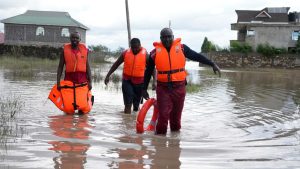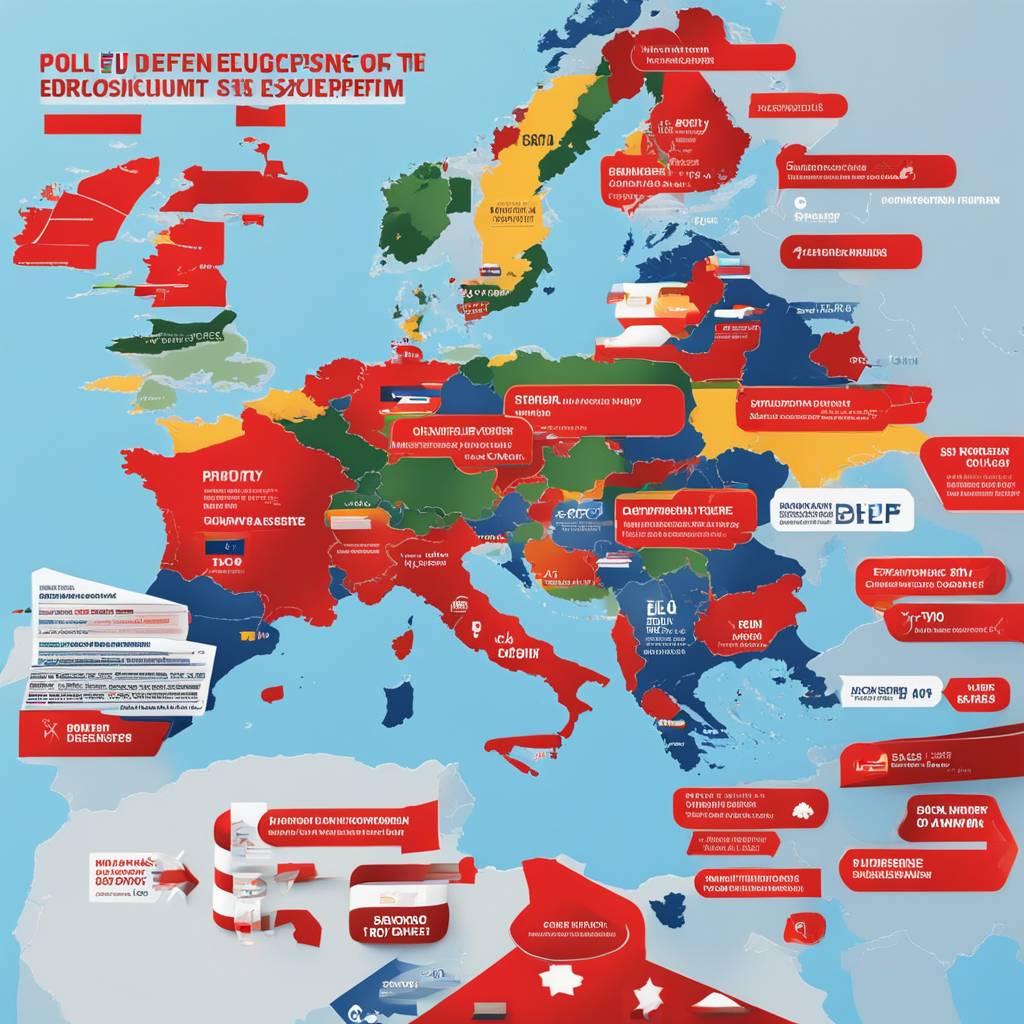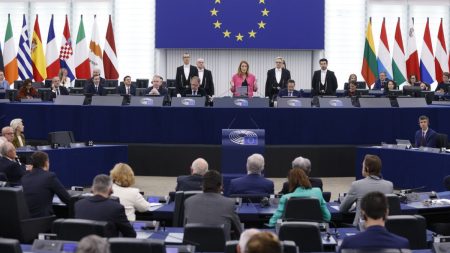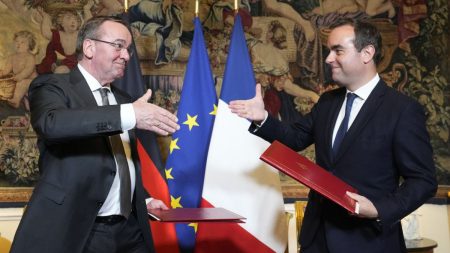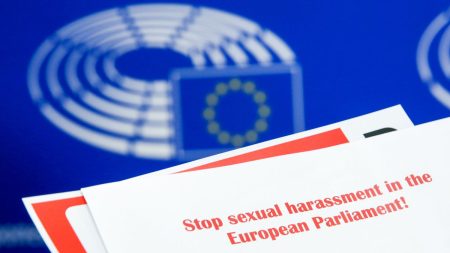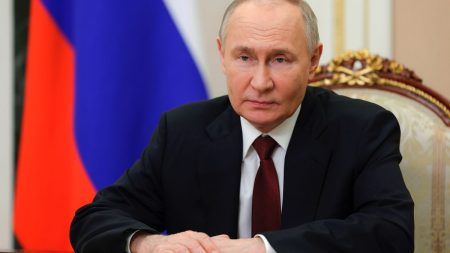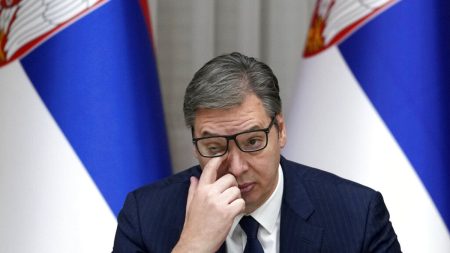A recent poll of 26,000 EU voters found that nearly half of respondents believe Brussels should enhance its military strategy to address the challenges posed by a belligerent Russia and an uncertain United States. This sentiment is particularly strong in countries like Finland and Poland, where concerns about Russia’s aggressive behavior are high. Despite the overall support for stronger EU defense, some countries like Hungary and Austria, which prioritize neutrality, show lower levels of approval for this approach. The survey also revealed that older voters and supporters of centrist parties are more likely to back efforts to strengthen EU defense capabilities. Interestingly, even voters who are typically skeptical of transferring power to Brussels, such as those in the European Conservatives and Reformist (ECR) and Identity and Democracy (ID) groups, show considerable support for increased military policies.
European Commission President Ursula von der Leyen has made defense a central theme in her re-election campaign, advocating for a common European defense policy. While the EU is primarily known as an economic and regulatory power rather than a military one, some member states are already taking steps to beef up their military capabilities in response to the conflict in Ukraine and uncertainties surrounding the US commitment to NATO. Efforts are also underway to make arms procurement more efficient, with discussions around the establishment of a €100 billion defense fund. However, there are concerns that attempts to Europeanize defense spending could face resistance from member states traditionally responsible for raising their own armies. Lawmakers like Nicola Procaccini believe that the EU’s role in collectively defending European borders and interests is one of the organization’s most valuable functions, but others, like Jean-Paul Garraud, caution that such efforts could undermine national sovereignty and willingness to sacrifice for a united Europe.
The poll also highlighted the priorities of EU voters, with concerns about inflation, inequality, and migration ranking higher than defense among European citizens. Despite this, a significant portion of respondents expressed a preference for strengthening defense capabilities over helping war-torn Ukraine or protecting minority groups. The survey results indicate that there is broader support for a common defense policy than previously thought, especially among voters who may not typically align with pro-EU sentiments. As political parties gear up for bloc-wide elections in June, the issue of EU defense policy and the broader discussion around the organization’s role in international security are likely to become significant factors in shaping voter decisions.
The debate around EU defense policy also reflects broader ideological divisions within the European political landscape. While some parties advocate for a stronger, more unified European defense posture, others, particularly those on the far left, emphasize disarmament and reducing military expenditures. Manifestos from left-leaning parties like Die Linke in Germany commit to eliminating nuclear weapons and scaling back military budgets as part of a larger effort to promote peace and international cooperation. These contrasting perspectives highlight the complexities of EU defense policy and the diverse range of opinions within the European electorate.
As Europe grapples with evolving security challenges and shifting global alliances, the question of how the EU should approach defense and security issues is becoming increasingly central to political debates. While the EU has traditionally focused on economic and regulatory matters, the growing support for a more robust military strategy indicates a shifting mindset among European voters. Whether the EU can successfully navigate these complexities, reconcile differing views within the bloc, and develop a cohesive defense policy that is acceptable to all member states remains to be seen. The upcoming elections in June are likely to provide further insights into the direction that Europe’s security and defense policies will take in the coming years.
